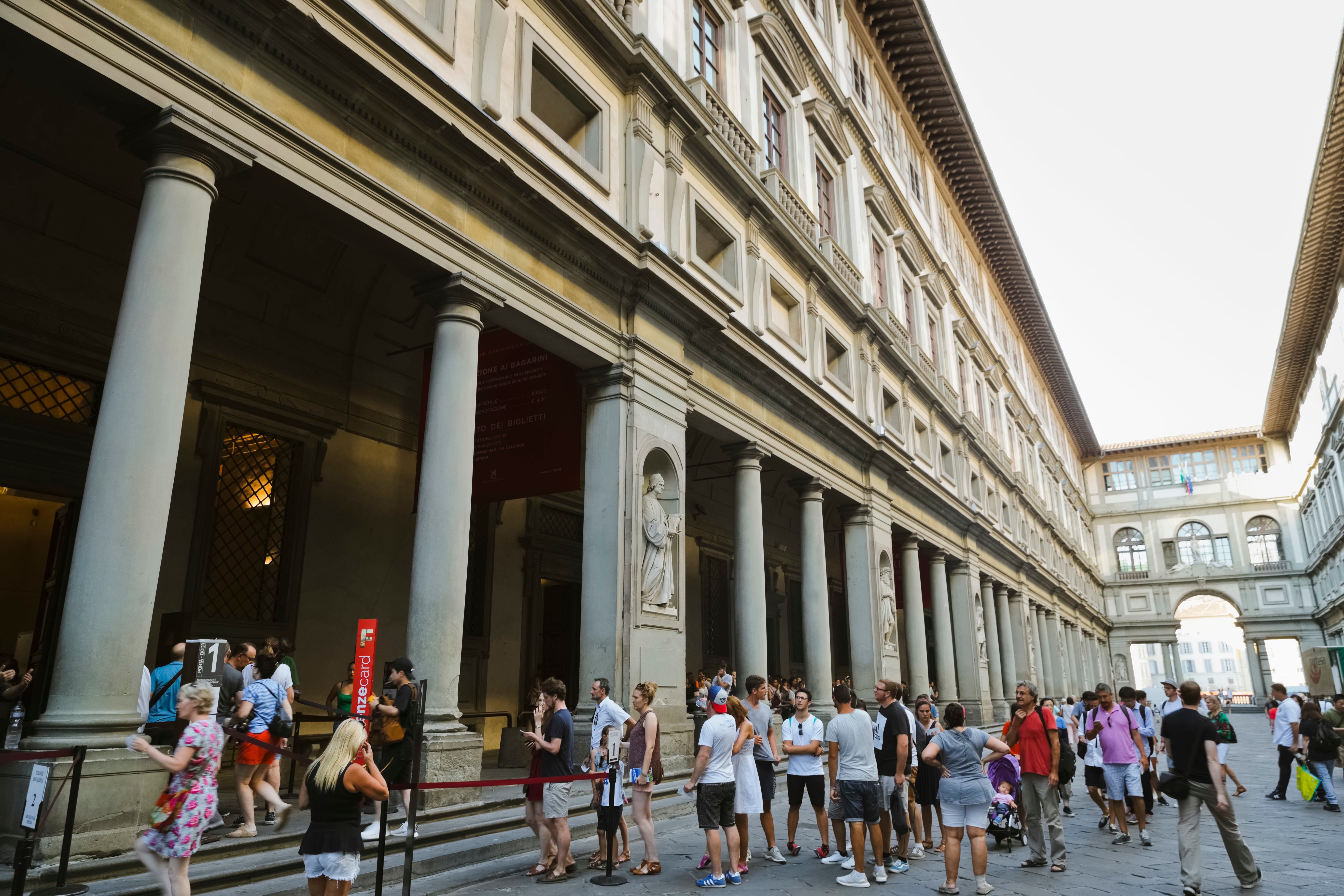One of Italy’s most beautiful cities issues 10-point plan to tackle overtourism
The city has repeatedly pressed for a special regulation from the national government

Your support helps us to tell the story
From reproductive rights to climate change to Big Tech, The Independent is on the ground when the story is developing. Whether it's investigating the financials of Elon Musk's pro-Trump PAC or producing our latest documentary, 'The A Word', which shines a light on the American women fighting for reproductive rights, we know how important it is to parse out the facts from the messaging.
At such a critical moment in US history, we need reporters on the ground. Your donation allows us to keep sending journalists to speak to both sides of the story.
The Independent is trusted by Americans across the entire political spectrum. And unlike many other quality news outlets, we choose not to lock Americans out of our reporting and analysis with paywalls. We believe quality journalism should be available to everyone, paid for by those who can afford it.
Your support makes all the difference.
The city of Florence is famous for its stunning buildings, romantic restaurants, shopping and history.
It is also known for being very busy in the summer months.
Now new measures have been put in place to crack down on this overtourism.
Mayor Sara Funaro’s Cabinet approved a 10-point plan that, among other things, would ban key boxes on buildings in Florence’s historic center as well as the use there of loudspeakers by tour guides, a statement from City Hall said.
The keyboxes — small boxes with a digital pad that are used by owners of short-term rental apartments to easily leave keys for visitors — have become something of the symbol of local Florentine anger at tourists, whose numbers have rebounded after COVID-19.
In a recent protest, Florentines taped red Xs over the keyboxes, outraged at the transformation of the city centerand its magnificent palazzi and narrow streets into a collection of short-term vacation rentals that have displaced local residents and the long-standing businesses that served them.

The moves come as the Italian government hosts the Group of Seven tourism ministers in the Renaissance city and seeks to significantly boost the country’s place as a top visitor destination.
According to national statistics bureau ISTAT, 2023 saw the most visitors ever in Italy with 134 million arrivals and 451 million people staying in hotels or other registered lodgings. The number of visitors opting for non-hotel lodging grew nearly 17% compared to 2022, ISTAT said in a June report.
Italy ranks fourth on the U.N. World Tourism Barometer of international tourist destinations, after France, Spain and the United States. The tourism industry contributed some 10.5% of Italy’s gross domestic product in 2023, according to Statista research.
Florence, long run by the center-left, last year announced a ban on new short-term private rentals in the center in hopes of stemming the exodus of locals. It has repeatedly pressed for a special regulation from the national government, currently headed by right-wing Premier Giorgia Meloni, to cap the number of days a property can be rented out at 120.
To date, only Venice has been permitted to limit short-term rentals. The lagoon city has been drowning under overtourism for years and this year began imposing a day-tripper tax to try to regulate tourist flows.
The right-left political divide over Florence and its tourism woes could come to a head precisely as Italy hosts the G7 tourism ministers starting Wednesday in Florence.

At a warm-up event this weekend, Tourism Minister Daniela Santanche acknowledged some art cities were suffering from too many visitors. But she said that overall Italy is hardly taking advantage of its tourism potential and needed 50 million visitors more a year.
Lamenting Italy’s fourth-place position on the list of the world's top destinations, she said Italy needed to sustainably grow its tourism potential with quality offerings.
“We can grow much more, we can develop much more and the industry of tourism can truly become the leading industry of our nation,” she said.

 Troov
Troov 




























![Are You Still Optimizing for Rankings? AI Search May Not Care. [Webinar] via @sejournal, @hethr_campbell](https://www.searchenginejournal.com/wp-content/uploads/2025/06/1-1-307.png)

